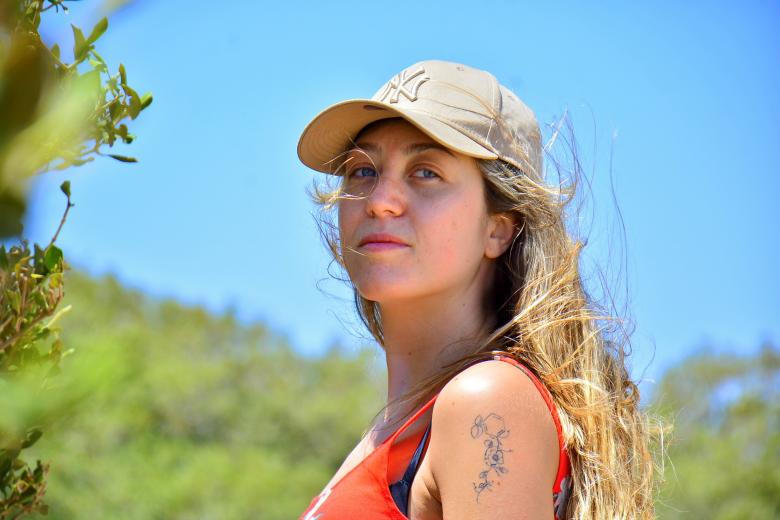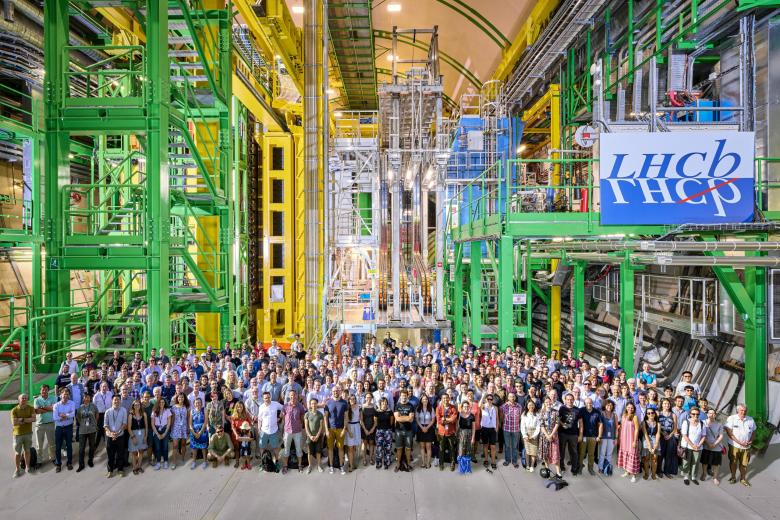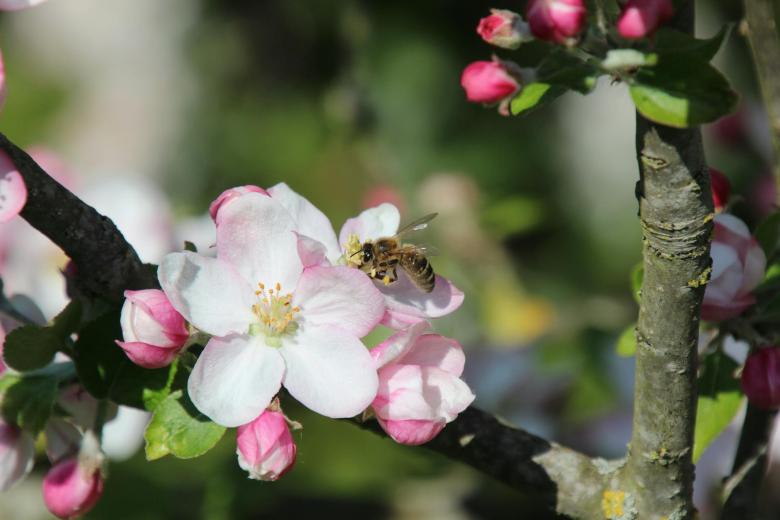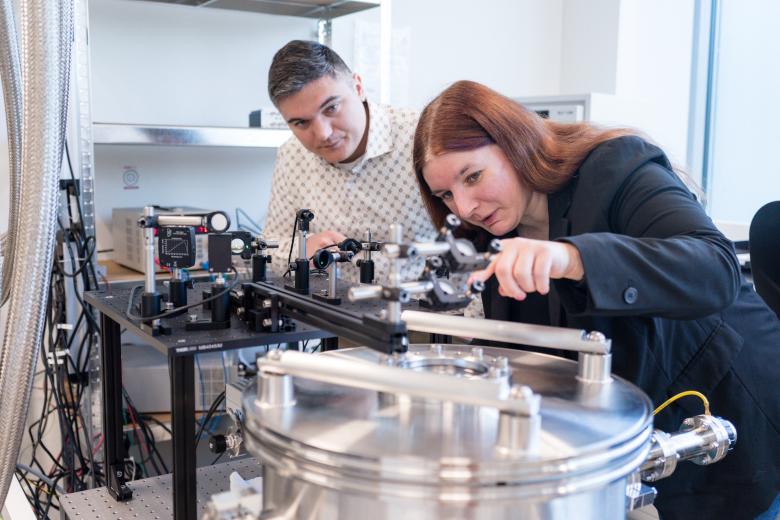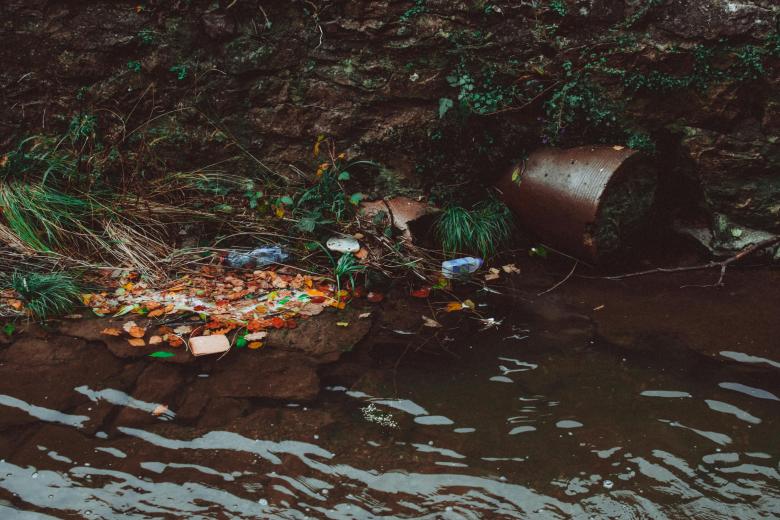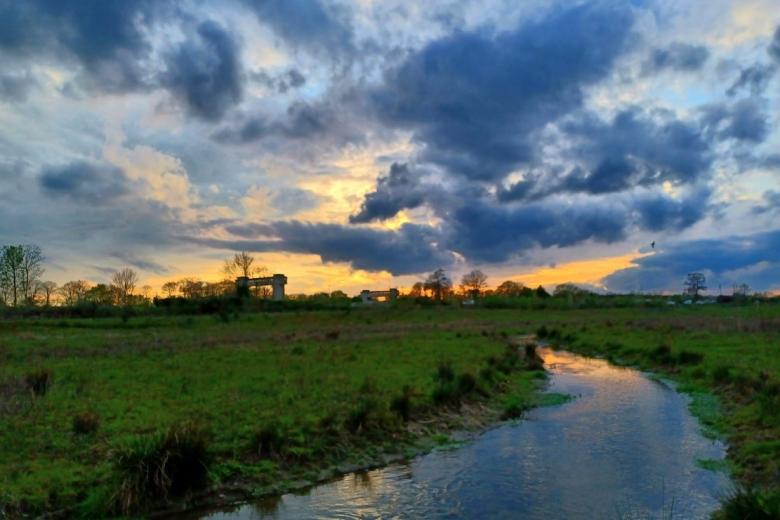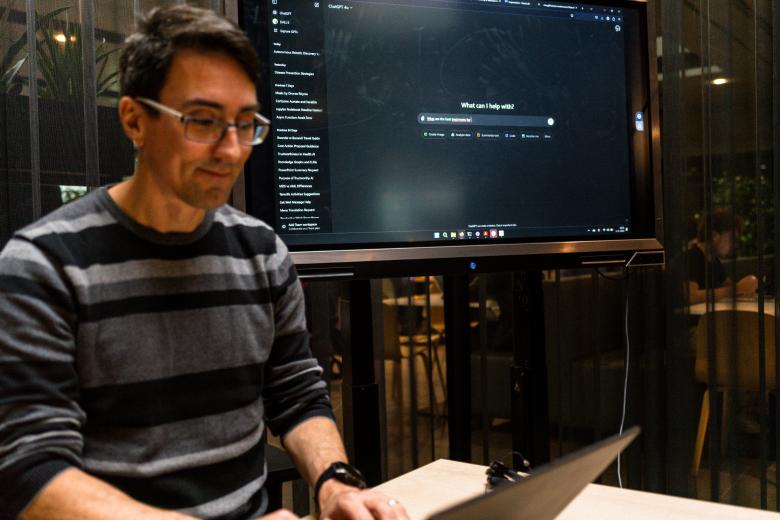Dutch directness and italian passion: the story of researcher Margaux Frigoli
Margaux Frigoli had long admired the Netherlands and its culture by the time she chose to pursue her PhD here. Having earned her doctorate in October, she now reflects on her time with the Sensor Engineering group at the Faculty of Science and Engineering.
